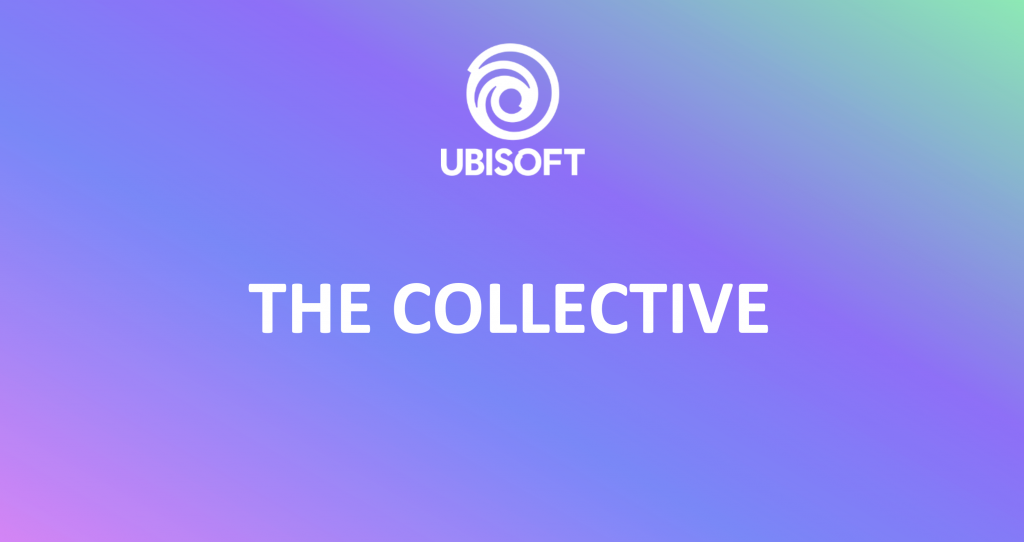Editorial Calendar – Ubisoft

The Collective Editorial Calendar was designed to facilitate a coordinated and efficient content production process across multiple Ubisoft teams. The goal was to create a structured action plan for sharing knowledge internally, highlighting thought leadership, and producing high-quality, actionable content. The calendar was governed by my team, ensuring consistency, relevance, and alignment with Ubisoft's priorities.
The Calendar's Purpose:
The editorial calendar supported over eight internal Ubisoft teams, as well as external contributors such as subject-matter experts and thought leaders. It provided a centralized location for teams to plan, track, and manage content creation for The Collective blog.
The key objectives of the calendar were to:
- Establish a content action plan that included problematics, content types, and deadlines.
- Align content with Ubisoft's strategic priorities and key expertise areas.
- Provide clear publishing guidelines to ensure consistency and high standards.
- Organize and manage contributions from a wide variety of teams and thought leaders.
Content Guidelines:
The calendar formalized content creation by outlining several key guidelines that contributors followed to ensure quality and alignment with Ubisoft's knowledge-sharing goals:
- Global Access:
- Content must be accessible and valuable to all Ubisoft employees globally.
- Expertise-Focused:
- Articles must share, highlight, or discuss different areas of expertise within Ubisoft, showcasing internal knowledge and talent.
- Examples & Case Studies:
- Content should be practical and useful, providing real-world examples, use cases, or post-mortems to make it applicable to teams' work.
- Original Content:
- The focus was on sharing content created by Ubisoft, for Ubisoft. External resources were only shared as references or supplementary materials.
- Usefulness:
- Every piece of content must help readers learn something new, understand Ubisoft's strategic priorities, or provide actionable takeaways that teams could implement.
- Actionable Knowledge:
- Content needed to be informative, relevant, and easy to act upon, whether through practical steps or inspiring ideas for implementation.
Features of the Editorial Calendar:
- Hot Topics Action Plan: The editorial calendar included a hot topics section where trending themes, critical content areas, and emergent discussions were identified and formalized with deadlines, targets, and content formats (e.g., post-mortems, case studies, explainers).
- Content Types & Formats: The calendar accommodated various content types, including:
- Post-mortems (reviews of completed projects)
- Case studies (deep dives into specific Ubisoft experiences)
- Explainers (educational content on industry topics)
- Research-based articles
- Guiding Pillars:
- Content in The Collective had to follow five key guiding pillars:
- Global: Accessible and relevant to Ubisoft's worldwide teams.
- Expertise: Focused on sharing expertise.
- Examples: Practical and useful content.
- Original: Created internally by Ubisoft.
- Actionable: Directly applicable in day-to-day work.
- Collaborative Planning:
- Weekly editorial meetings were held with representatives from various teams to discuss upcoming content, new ideas, and content ready for publishing. This ensured that all contributors were aligned and had a voice in the content strategy.
- Contributor Management:
- Teams were encouraged to contribute based on their expertise. The Collective calendar tracked each team's progress, deadlines, and the format of their contributions.
How This Calendar Benefits Any Organization:
Although created for Ubisoft, the Collective Editorial Calendar methodology is applicable across industries. Here's how it can benefit other organizations:
- Cross-Functional Collaboration: Provides a platform for multiple departments to align on content goals and strategies.
- Structured Planning: Ensures content creation is strategic, targeted, and aligns with business objectives.
- Knowledge Sharing: Promotes the sharing of internal expertise and actionable insights across a global company.
- Consistency and Quality Control: Establishes clear guidelines for contributors, maintaining high standards and relevance.